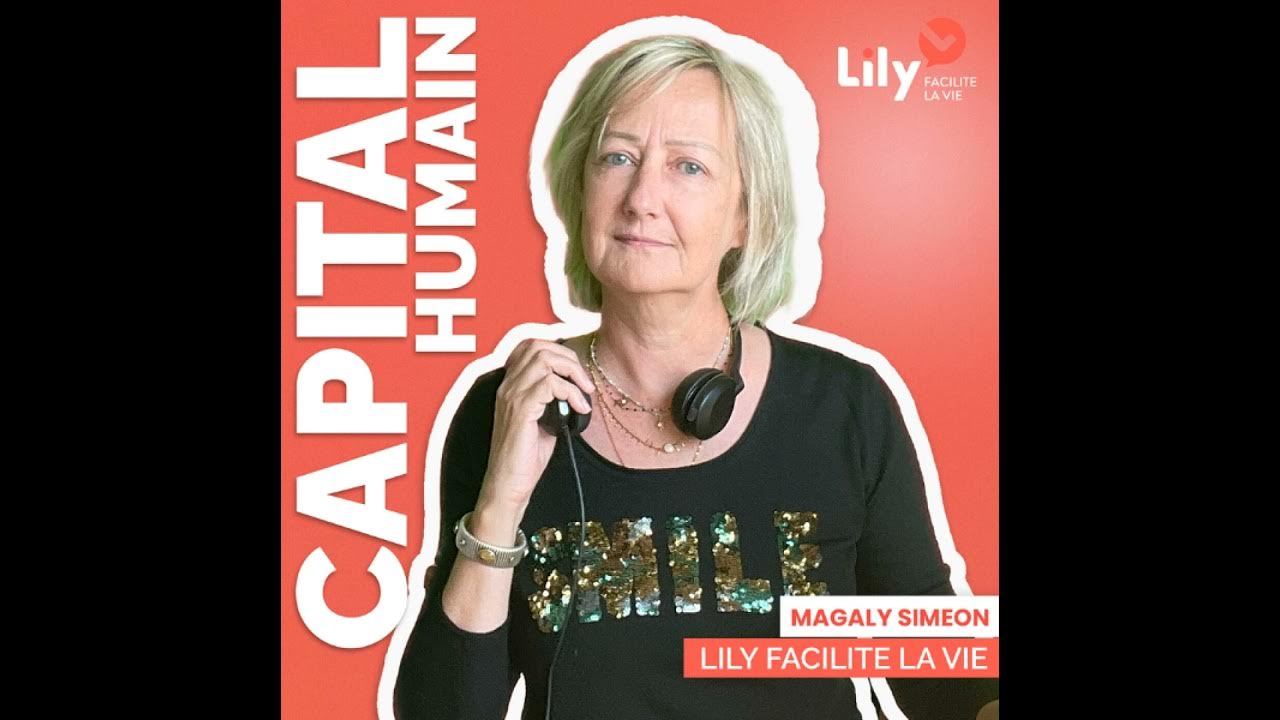The Current Trends and Issues of Human Resource Field From 2021 And Beyond.
Summary
TLDRThe video highlights significant changes in the HR landscape caused by the COVID-19 pandemic, focusing on five key trends: the rise of hybrid work models, understanding younger workers' needs, the importance of skilling and reskilling, employee well-being and mental health, and the growing gig economy. Additionally, it addresses HR issues like prioritizing mental health, winning the talent war, boosting productivity in hybrid environments, and embracing organizational change. The video emphasizes how these shifts will shape the future of work, requiring HR professionals to adapt to new challenges and opportunities.
Takeaways
- 💼 Hybrid work models are becoming increasingly popular, reducing costs and travel time while boosting productivity.
- 👥 Younger workers, like Millennials and Gen-Z, are pushing for flexible hours, remote work, and a focus on teamwork and cooperation.
- 📚 Skilling, upskilling, and reskilling are essential for companies to stay competitive and innovative during times of crisis.
- 🧘♀️ Employee well-being, including mental health, has become a primary concern for HR, with COVID-19 increasing stress and burnout.
- 🚀 The gig economy is growing, with many workers opting for flexible, independent work rather than traditional 9-5 roles.
- 🧠 Mental health issues like anxiety and burnout have been on the rise, making employee wellness a top priority for businesses.
- 🎯 Winning the talent war is a significant HR challenge, as companies struggle to fill roles amidst a global skills shortage.
- 🔄 The 'Great Resignation' has forced businesses to rethink how they engage employees, leading to efforts to foster the 'Great Reengagement.'
- 🏠 Challenges of hybrid work, like poor internet connectivity and inadequate home office setups, are impacting productivity, especially in the Philippines.
- 🌱 Embracing change is crucial for innovation, as forward-thinking companies benefit from a culture that adapts quickly to external challenges.
Q & A
What was the impact of the COVID-19 pandemic on the work environment?
-The COVID-19 pandemic significantly changed the way we work, leading to the rise of remote and hybrid work models as organizations were forced to adapt to new conditions.
What is the hybrid work model, and why is it considered one of the top HR trends?
-The hybrid work model combines both on-site and remote work, offering flexibility and reducing costs while increasing organizational productivity. It's a top HR trend because of the efficiency and balance it offers to employees and organizations.
How are younger workers influencing the workplace according to HR trends?
-Younger workers, especially Millennials and Gen Z, are reshaping the workplace by prioritizing flexibility, remote work, and teamwork. They seek a balanced work-life relationship and expect frequent feedback from their supervisors.
Why is upskilling and reskilling employees important for organizations post-pandemic?
-Upskilling and reskilling are crucial for adapting to new challenges, improving organizational quality, and fostering innovation. Instead of hiring new talent, focusing on employee development helps organizations remain resilient and competitive.
What role does employee well-being play in current HR strategies?
-Employee well-being, especially mental health, has become a central focus due to the increased stress, anxiety, and burnout caused by the pandemic. HR professionals are now prioritizing wellness programs and support for mental health.
How has the gig economy influenced modern HR trends?
-The gig economy, driven by younger generations seeking flexible work options, has led to a rise in freelance and contract work. HR professionals must adapt by offering more flexible work arrangements to keep their workforce productive.
What are some of the main HR issues organizations face post-pandemic?
-The main HR issues include prioritizing employee mental health, winning the talent war, reengaging employees after the Great Resignation, maintaining workforce productivity, and embracing organizational change.
What is 'The Great Resignation,' and how has it affected businesses?
-'The Great Resignation' refers to the mass voluntary resignation of employees during the pandemic. Businesses, particularly in the Philippines, have faced significant challenges in retaining staff and must now focus on reengaging employees to avoid further turnover.
Why is prioritizing mental health now considered a critical HR issue?
-Mental health has become a critical issue because the pandemic caused a widespread increase in stress, anxiety, and depression. Organizations must now focus on mental health support to ensure employee well-being and maintain productivity.
How can embracing change benefit organizations in the long term?
-Embracing change, rather than merely responding to external factors, fosters innovation and continuous improvement. Organizations that view change as an opportunity can develop agility, empathy, and flexibility, which helps them thrive in evolving markets.
Outlines

此内容仅限付费用户访问。 请升级后访问。
立即升级Mindmap

此内容仅限付费用户访问。 请升级后访问。
立即升级Keywords

此内容仅限付费用户访问。 请升级后访问。
立即升级Highlights

此内容仅限付费用户访问。 请升级后访问。
立即升级Transcripts

此内容仅限付费用户访问。 请升级后访问。
立即升级浏览更多相关视频

Les 5 tendances RH que les entreprises doivent anticiper pour préparer 2025

9 Workplace Trends to Define 2025

Rangkuman Teori Masyarakat Jejaring menurut Manuel Castell

Masa Depan ‘Work from Anywhere’

Learn English With Podcast Conversation Episode 11| English Podcast For Beginners #englishpodcasts

11 HR Trends for 2025: Embracing Disruption
5.0 / 5 (0 votes)
